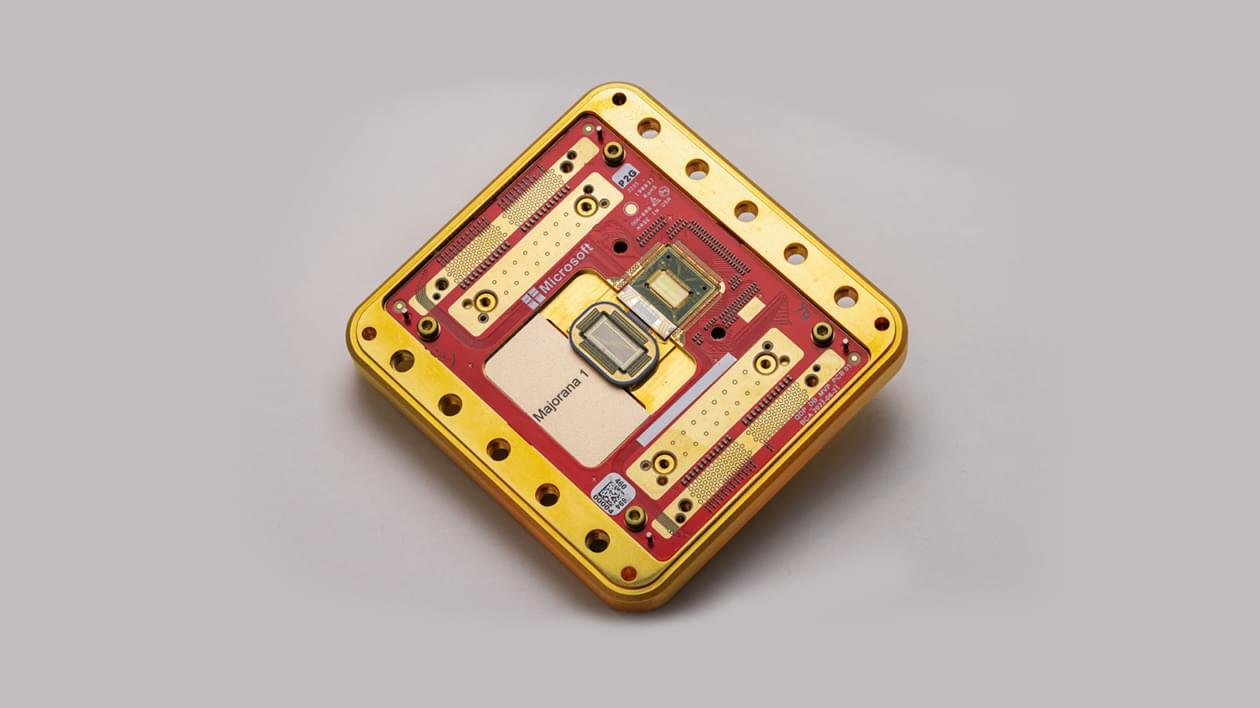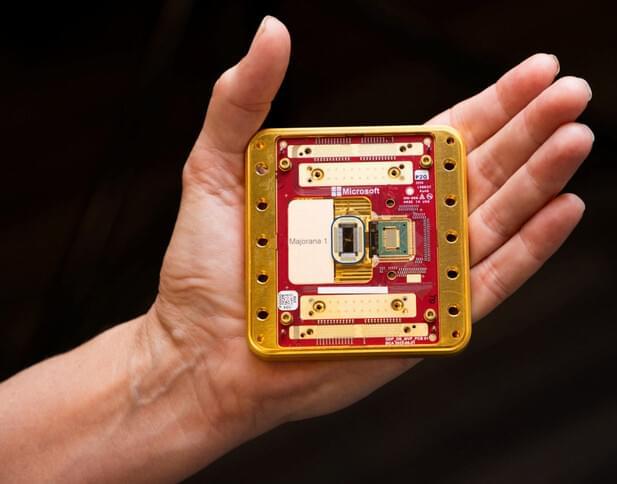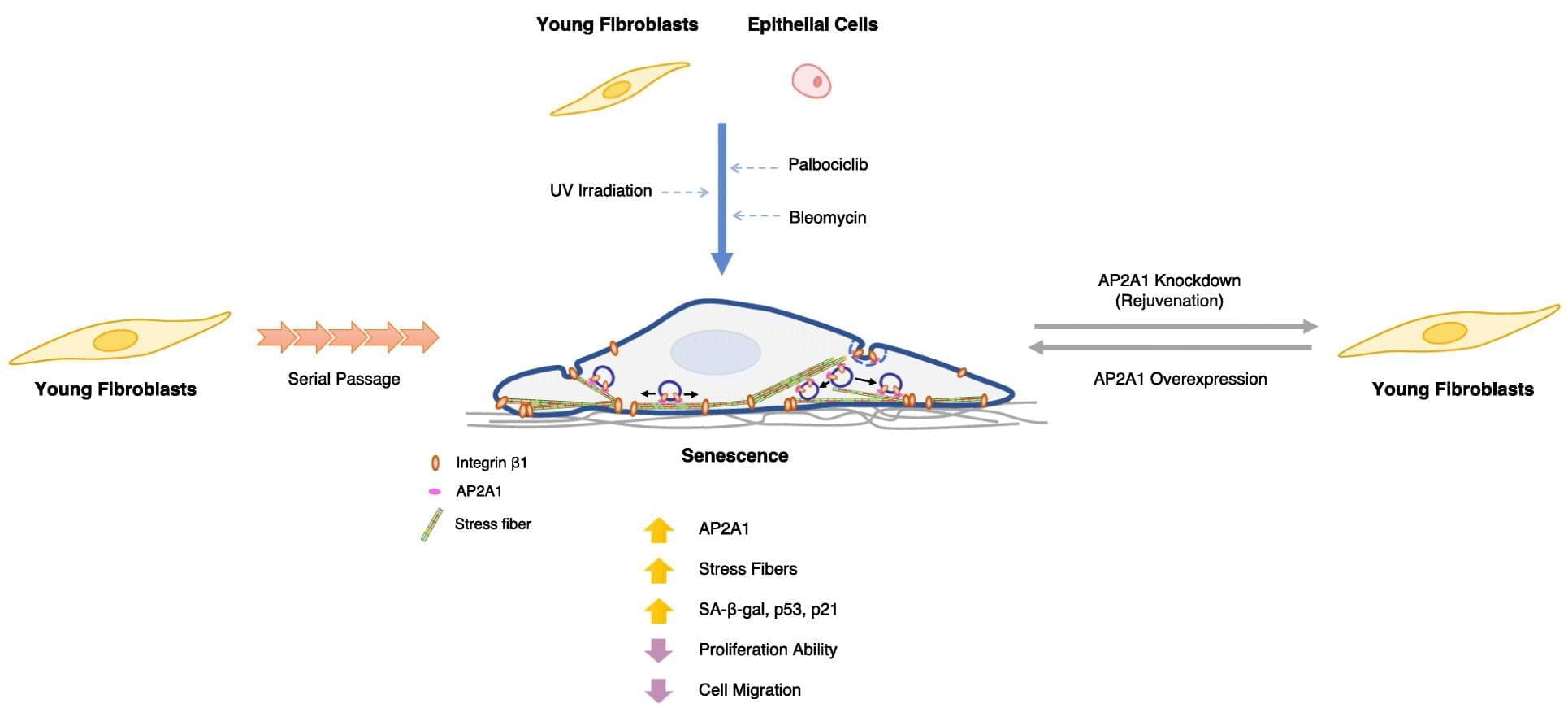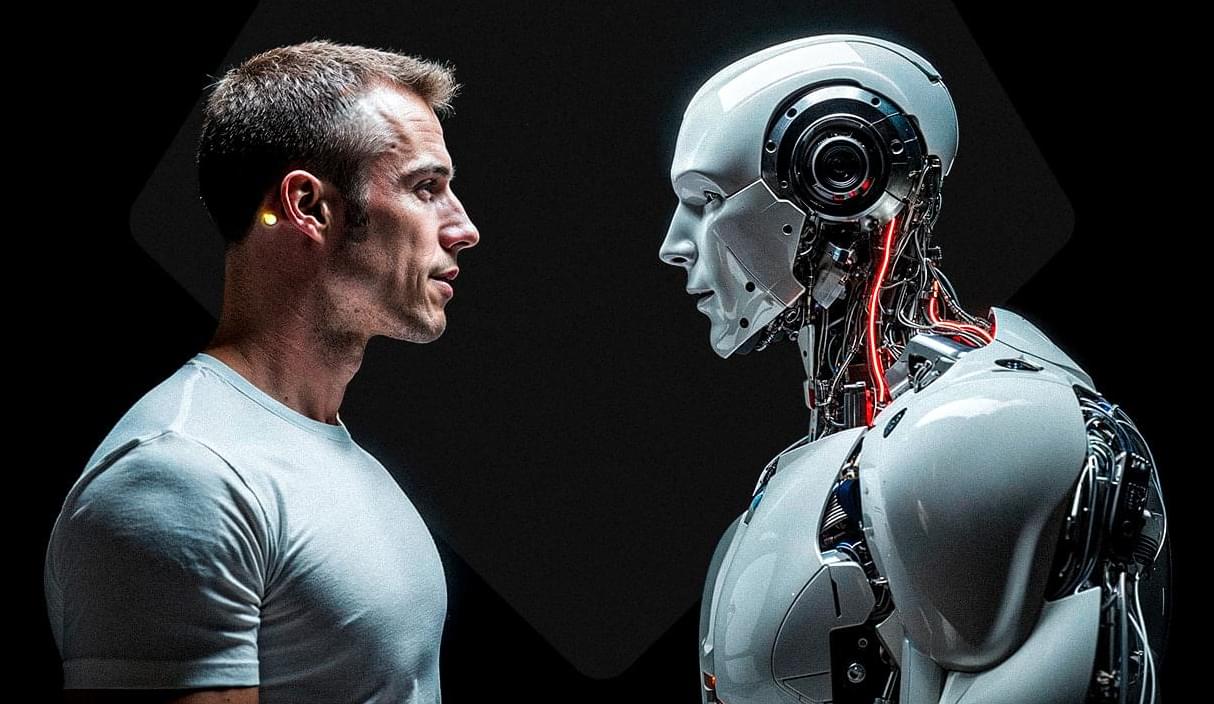Placazoa like seem simple at first — a crawling sheet of cells. Yet on closer examination, they show remarkable complexity and startling capabilities!
(https://en.wikipedia.org/wiki/Trichoplax)
adhaerens is one of the four named species in the phylum Placozoa. The others are Hoilungia hongkongensis, Polyplacotoma mediterranea and Cladtertia collaboinventa. Placozoa is a basal group of multicellular animals, possible relatives of Cnidaria. [ 2 ] are very flat organisms commonly less than 4 mm in diameter, [ 3 ] lacking any organs or internal structures. They have two cellular layers: the top epitheloid layer is made of ciliated “cover cells” flattened toward the outside of the organism, and the bottom layer is made up of cylinder cells that possess cilia used in locomotion, and gland cells that lack cilia. [ 4 ] Between these layers is the fibre syncytium, a liquid-filled cavity strutted open by star-like fibres.
Trichoplax feed by absorbing food particles—mainly microbes —with their underside. They generally reproduce asexually, by dividing or budding, but can also reproduce sexually. Though has a small genome in comparison to other animals, nearly 87% of its 11,514 predicted protein-coding genes are identifiably similar to known genes in other animals.







